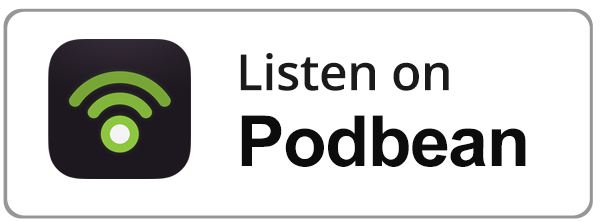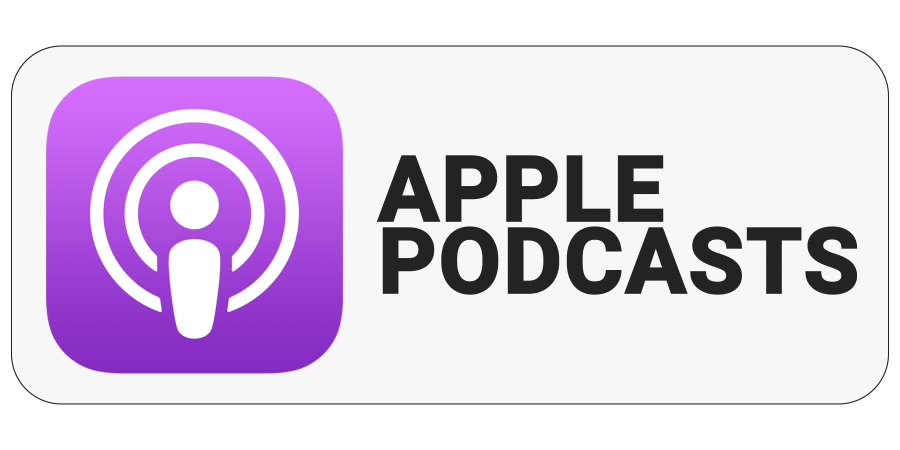Hóčhoka podcast returns to the airwaves this August 26 with Season 6, offering 16 more episodes that engage the viewer/listener in the conversation about Native American education today. St. Joseph’s Indian School hopes you enjoy learning about the people and ideas that make our school the special place our families tell us it is.
Season 6 Teaser
Join us for Season 6 when:
- Dr. Damian Costello joins us again to provide fresh perspectives on Catholicism through an Indigenous lens. We explore the Red Heifer, the Advent season and Our Lady of Guadalupe.
- We hear from South Dakota Living Treasure and Lakota Poet Lydia Whirlwind Soldier. Joseph Marshall III joins her for two episodes called “Elder’s Circle,” when they talk about life over the past eight decades.
- Three alumni “Talk Thióšpaye” – Danielle Two Two, Trinity Sazue and Distinguished Alum Danielle Arpan.
- Dr. Melanie Nadeau, Indigenous Evaluation Specialist, explains the topic and works with our staff on our evaluation methods.
What happens when a researcher and doctor in public health and an alum of St. Joseph’s, who herself works and pursues studies in health care, have the opportunity to get to know one another? Let’s find out.
What’s all this talk about Indigenous ways of knowing? Why should a school for Native American students seek to develop measurements of student achievement based on Indigenous knowledge systems? Let’s talk to someone who can help us appreciate this complex topic.
As Native communities across the country reclaim their narratives and embrace their cultural heritages, our work at St. Joseph’s Indian School has become increasingly enriched through Indigenous ways of knowing. It is time to ask, “Well, then, what about an indigenous evaluation framework for our students?”
How is it that a seminarian from Vietnam and a business major from Ft. Myers, Florida, find themselves traveling through Indian Country of the Northern Plains distributing books? Let’s find out.
“I retreat to the edge of dreams, empty my heart of haunting fears. I fly with the red-tail hawk along the bank of rolling thunderheads into the mysteries of prayer.” This is poetry that gives voice to the Lakota Way with heart-stirring imaginative power. Join our conversation with Lakota Poet Lydian Whirlwind Soldier.
“Give me a glimpse of what could be – not to ponder what might have been – reveal the blush of dawn – overlook the thorns beneath the rose – welcome the glow of winter’s stars – to laugh and play in drifts of snow – kindle that gentle beauty and pray when night and quiet come.” The poem called “Hope” is from “Survival Songs,” poetry by Lydia Whirlwind Soldier on her Native American boarding school experience.
What do Jesus, the ancient Red Heifer Ceremony, White Buffalo Calf Woman and Black Elk have in common? More importantly, what deeper connections between Lakota Spirituality and Catholicism does this reveal? Let’s find out.
Jonas Salk, medical researcher who developed one of the first successful polio vaccines, once said, “Solutions come through evolution. They come through asking the right questions, because the answers pre-exist. It is the questions that we must define and discover. You don’t invent the answer-you reveal the answers.” Let’s talk to a couple of people asking the right questions here at St. Joseph’s Indian School.
“To us, health is about so much more than simply not being sick. It’s about getting a balance between physical, mental, emotional, cultural and spiritual health,” says one Indigenous physician and researcher. Let’s learn how St. Joseph’s Indian School’s health center is taking those words to heart.
“If we keep everything in balance, we are in harmony with ourselves and are at peace,” said Lakota Holy Man Frank Fools Crow. A key component of balance at St. Joseph’s Indian School is our Counseling Services Department. Today, we’ll look at their work through an Indigenous lens.
Lydia Whirlwind Soldier writes in her poem “To Be an Elder,” “Nope … I am not ready to give up my immature ways, to spontaneously give. I am not ready to examine and prune my behaviors, to ask for those senior discounts, to set examples for those around or let those old patterns vanish.”
To be a Native American Elder today means to have navigated the forced assimilation of the boarding school era and to have witnessed the loss of culture, language and more. How might you have emerged from such an experience? Let’s continue our conversation with two who show us the way.
Winston Churchill, who served as Prime Minister of England during the Second World War, once said, “I’d rather spend half an hour in the company of a top carpenter than three hours in the company of an average brain surgeon.” It’s our good fortune today to spend around a half hour with someone we consider a top carpenter here at St. Joe’s.
Darkness gets a lot of bad press. Few of us want to be “in a dark place” or living in “the darkest hour.” Many are afraid of the dark, the absence of light, and it is under the cover of darkness that nefarious deeds go unseen. Colossians 1:13 proclaims, “He has rescued us from the power of darkness.” But Dr. Damian Costello tells us that Indigenous and Catholic traditions alike tell us that darkness is nothing less than sacred. Listen.
Episode 15
“I ponder within my heart, where will I gather the holy, fragrant flowers? Who will I ask? … If they showed them to me, I will fill my tilma and with them I will greet the nobles, with them I will make the lords happy.” This famous pre-colonial Native song is a key that opens our imaginations to the mystery of the apparition of Our Lady of Guadalupe. Let’s open that door!
Episode 16
“We say this phrase, ‘Mitákuye Oyá’sin.’ It means all my relatives, all my relations. Once you have that belief, you find it easier to care for people, to have compassion for other people, to practice generosity and reciprocity.” Those are the words of Ben Sherman, grandfather of today’s guest whose pursuit of a nursing degree embodies his teaching.
The podcast is directed at internal and external audiences and will vary by topic. Audiences might include employees, potential employees, families and students, the general public, supporters, advocates, educators and donors.
Subscribe and listen on your favorite podcast platform!




